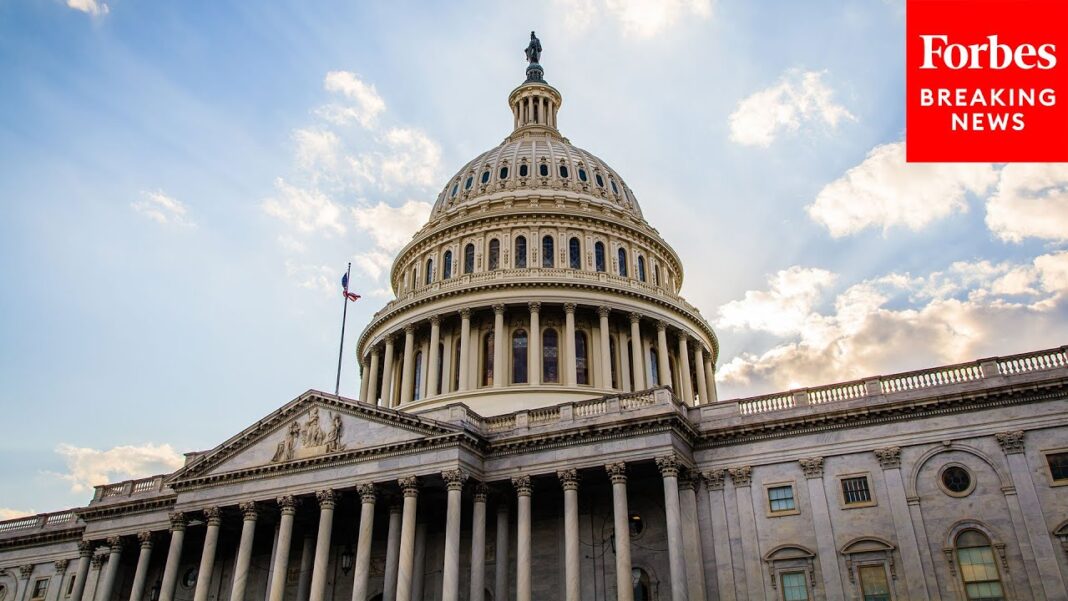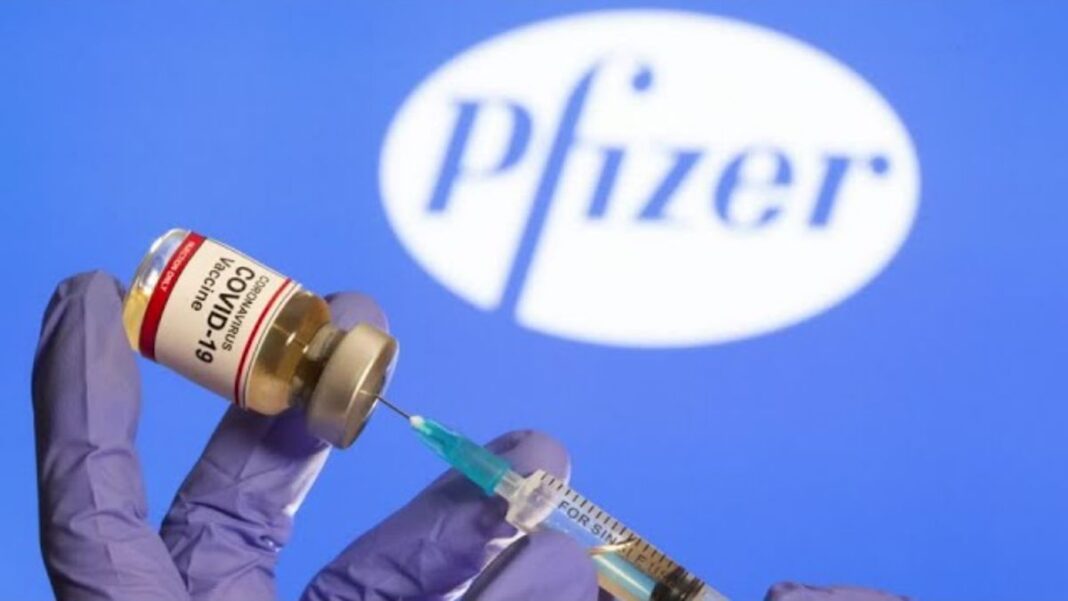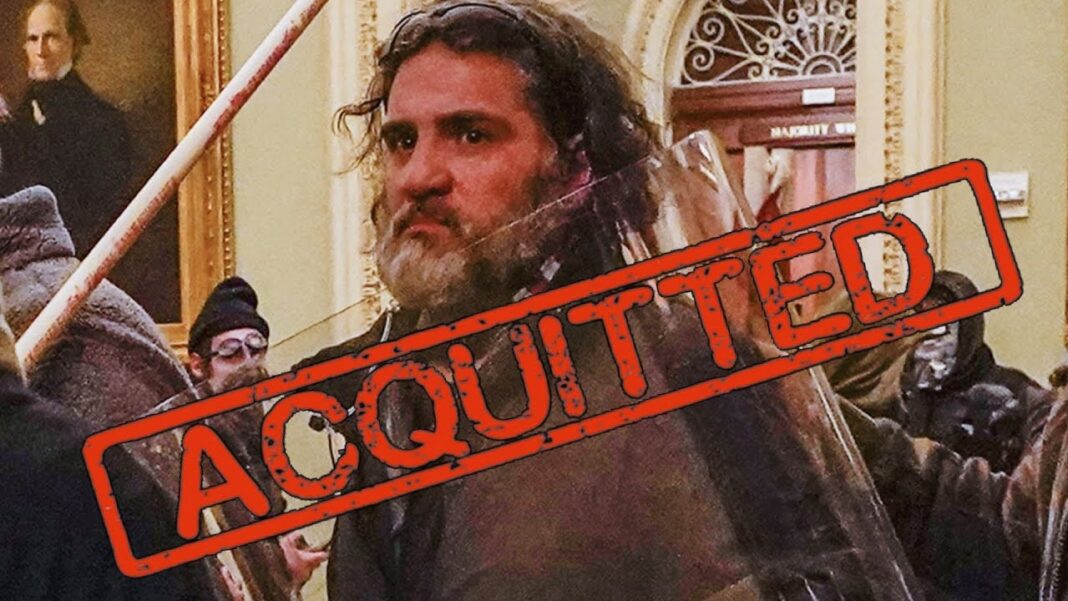There were approximately 10,000 energy projects in April designed to produce more than 2,000 gigawatts (GW) of collective power waiting for permits from federal and state agencies to connect to electric grids across the United States.
The problem is, that is nearly twice the collective electricity output of the 1,250 GW now being produced by all the nation’s power plants, most of which were built to generate power using fossil fuels.
Therefore, two bottlenecks are looming—more power is trying to squeeze into an inadequate grid and coal-fired plants are being retired faster than new plants using renewable energy sources such as wind and solar are being built to replace them.
“The United States is heading for a reliability crisis,” Federal Energy Regulatory Commission (FERC) Commissioner Mark Christie warned on May 4 in a hearing before the Senate Energy & Natural Resources Committee.
“I do not use the term ‘crisis’ for melodrama, but because it is an accurate description of what we are facing,” Christie said. “I think anyone would regard an increasing threat of system-wide, extensive power outages as a crisis.”
Committee chair Sen. Joe Manchin (D-W.V.) and ranking Republican Sen. John Barrasso (R-Wyo.) agreed, with both identifying the same culprit in an “impending, but avoidable, reliability crisis” that confronts the nation’s electricity grid.
The “premature fossil retirements” amid increasing demand for power are a result of President Joe Biden’s green energy initiatives in 2021’s Bipartisan Infrastructure Law (BIL) and 2022’s Inflation Reduction Act (IRA) that incentivize investments in renewable energy.
The incentives have proven effective in inducing investor interest—maybe too successful with projects being proposed and approved sooner than expected and faster than the grid’s transmission capacity is expanding.
The Biden administration is “trying to force a dramatic increase in electrical demand” through the BIL and IRA, Manchin said, which will foster disruptions in transmission as old plants are retired and new ones come online.
“We do have to address climate change but this transition is happening too fast,” he said, noting he and House Republicans have filed bills that address transmission. “I hope we can sit down and negotiate in good faith and put politics aside.”
By John Haughey









